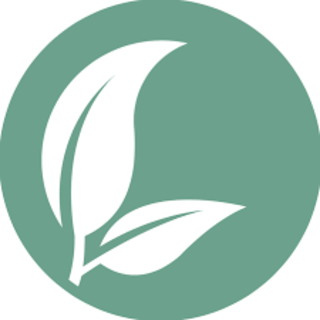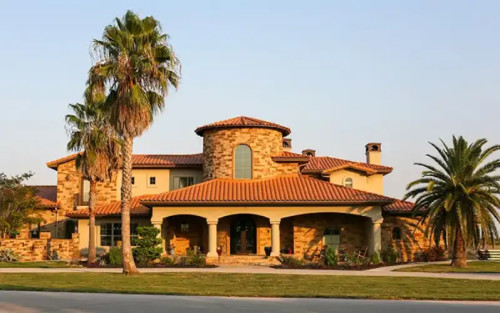

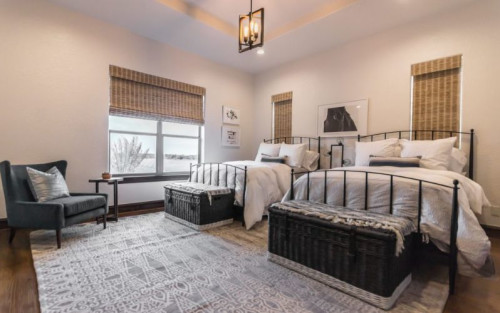




Sage Recovery Villa
Treatment Focus
This center treats substance use disorders and co-occurring mental health conditions. Your treatment plan addresses each condition at once with personalized, compassionate care for comprehensive healing.
Primary Level of Care
Offering intensive care with 24/7 monitoring, residential treatment is typically 30 days and can cover multiple levels of care. Length can range from 14 to 90 days typically.
Claimed
Recovery.com has connected directly with this treatment provider to validate the information in their profile.
Treatment Focus
This center treats substance use disorders and co-occurring mental health conditions. Your treatment plan addresses each condition at once with personalized, compassionate care for comprehensive healing.
Primary Level of Care
Offering intensive care with 24/7 monitoring, residential treatment is typically 30 days and can cover multiple levels of care. Length can range from 14 to 90 days typically.
Provider's Policy
Many of our programs and services are in network with several of the major insurance carriers. If your plan is not in network with us, our staff will file claims with out-of-network insurance carriers and assist you in getting reimbursement from your insurance carrier if your plan does not have benefits.
Sage Recovery Villa
Sage Recovery Villa
About Sage Recovery Villa
Sage Recovery Villa is a 15-bed luxury residential facility on 24 acres in central Texas. They specialize in the treatment of substance use, trauma, and co-occurring disorders. Sage Recovery treats both adults and adolescents in the Intensive Outpatient Program (IOP). Treatment combines evidence-based approaches with holistic therapies, support meetings (both 12-Step and 12-Step alternatives), and trauma-focused therapies to help clients find wellness and balance. Clients will have the opportunity to engage in evidence-based treatment such as EMDR, CBT, DBT, ACT, motivational interviewing (MI), and recovery enhancement. A wide variety of holistic therapies are offered including meditation, qigong, group fitness, acupuncture, yoga, Reiki, and equine therapy. Sage Recovery’s program length is typically 35 days. They provide a business executive track which offers flexibility for work needs, as well as an additional concierge service to allow for even greater flexibility and time for work. Sage Recovery holds a family education workshop on substance abuse twice a month. Once clients have completed their treatment plan, they can participate in a weekly CBT skills group for aftercare.
The Villa is on a serene 24-acre countryside estate, conveniently located just outside of Austin in Manor, Texas. The estate provides semi-private and private rooms with queen beds and luxury furnishings. The grand estate includes a beautiful pool, up-scale kitchen, fitness center, and horses on-site. Clients can enjoy amenities such as a pool table, outdoor patio, and plenty of space for peace and quiet. Sage Recovery is accredited by the Joint Commission and accepts most private insurance.

Center Overview
Treatment Focus
This center treats substance use disorders and co-occurring mental health conditions. Your treatment plan addresses each condition at once with personalized, compassionate care for comprehensive healing.
Joint Commission Accredited
The Joint Commission accreditation is a voluntary, objective process that evaluates and accredits healthcare organizations (like treatment centers) based on performance standards designed to improve quality and safety for patients. To be accredited means the treatment center has been found to meet the Commission's standards for quality and safety in patient care.
Insurance Accepted
Cash Pay Rates
Estimated Cash Pay Rate
Center pricing can vary based on program and length of stay. Contact the center for more information. Recovery.com strives for price transparency so you can make an informed decision.
Luxury rehab centers offer a unique blend of luxurious amenities and high-quality treatment. From private suites to gourmet dining, personal trainers to spa treatments, these facilities provide a high level of comfort and discretion.

Meet Your Care Team

Tiffany Anschutz
President & Founder
LCSW

Cole Weatherby
Medical Director
D.O.

John Benson
Nurse Practitioner
PMHNP

Dr. Scott Jurica
Chiropractor & Clinical Nutritionist
MS, DC, PAK, ACN
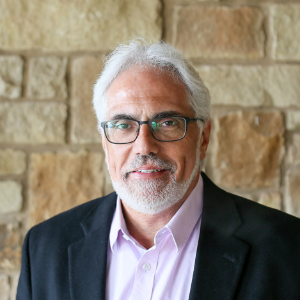
Eric Feagins
Nurse Practitioner
MSN, FNP-C
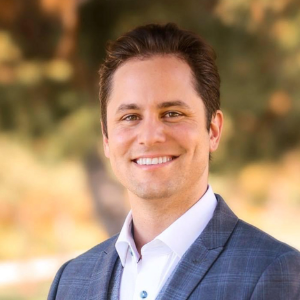
Scott Melgren
Therapist
LMSW, ACSW
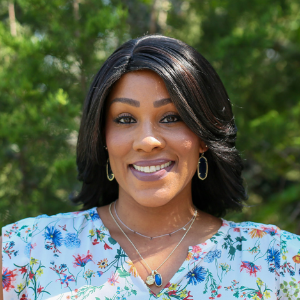
Sarah Billingsly
Therapist
MSW, LCDC
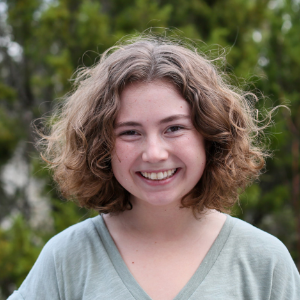
Ann Gilbert
Lead Therapist
LMSW

Harsh Patel
Therapist
LMSW
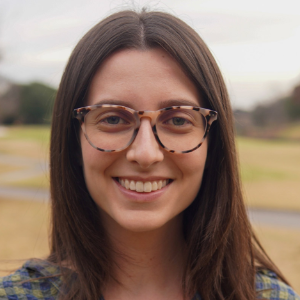
Hava Kane
Therapist
LMSW
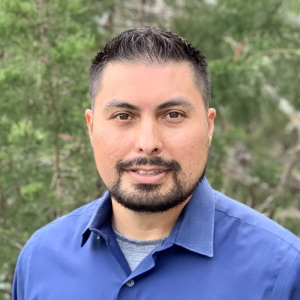
Francisco Morazán
Therapist
MA., NCC, LPC
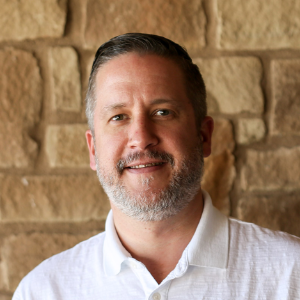
Scott McCamish
Admissions Specialist
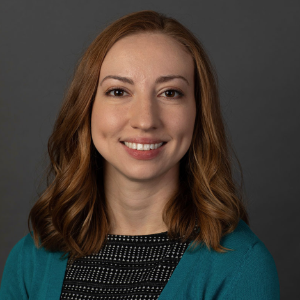
Erin Larsen
Therapist
LMSW
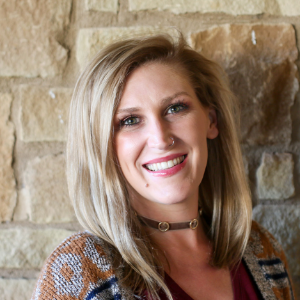
Kaitlinn Borque
Villa House Manager
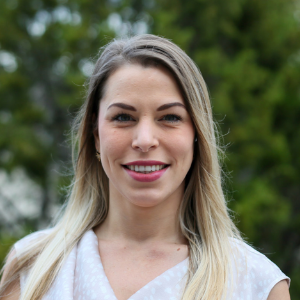
Taylor Pahnke
Case Manager
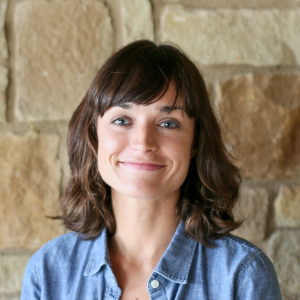
Shae Millette
Case Manager
PRSS
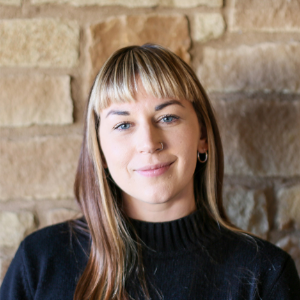
Taylar Seay
Admission Specialist
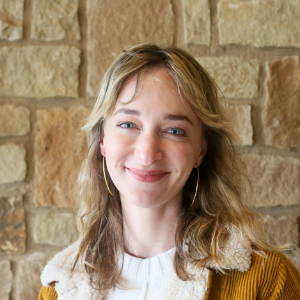
Rebecca Mauldin
Therapist
LMSW
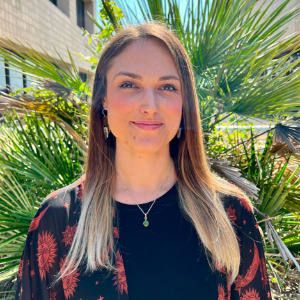
Chelsea Wells
Alumni Coordinator
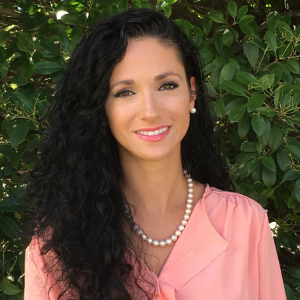
Shaden Powell
Therapist
M.Ed, LPC Associate
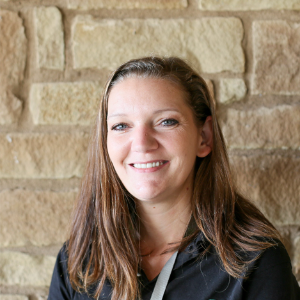
Amanda Burkett
Lead Behavioral Health Tech
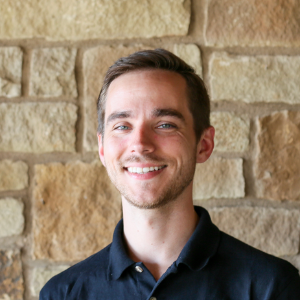
Alex Sorenseon
Operations Manager
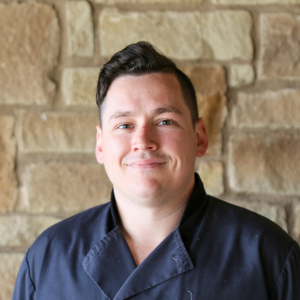
Alex Martin
Executive Chef
Levels of Care








Your Care Options
Specializations
Alcohol
Using alcohol as a coping mechanism, or drinking excessively throughout the week, signals an alcohol use disorder.
Drug Addiction
Drug addiction is the excessive and repetitive use of substances, despite harmful consequences to a person's life, health, and relationships.
Executives
Executive treatment programs typically directly support the needs of people who manage businesses and may provide flexible schedules and office space to allow work during treatment.
Who We Treat
Adolescents
Teens receive the treatment they need for mental health disorders and addiction, with the added support of educational and vocational services.
Executives
Executive treatment programs typically directly support the needs of people who manage businesses and may provide flexible schedules and office space to allow work during treatment.
Men and Women
Men and women attend treatment for addiction in a co-ed setting, going to therapy groups together to share experiences, struggles, and successes.
Professionals
Busy, high-ranking professionals get the personalized treatment they need with greater accommodations for work, privacy, and outside communication.
Approaches
Evidence-Based
A combination of scientifically rooted therapies and treatments make up evidence-based care, defined by their measured and proven results.
Holistic
A non-medicinal, wellness-focused approach that aims to align the mind, body, and spirit for deep and lasting healing.
Individual Treatment
Individual care meets the needs of each patient, using personalized treatment to provide them the most relevant care and greatest chance of success.
Personalized Treatment
The specific needs, histories, and conditions of individual patients receive personalized, highly relevant care throughout their recovery journey.
Twelve Step
Incorporating spirituality, community, and responsibility, 12-Step philosophies prioritize the guidance of a Higher Power and a continuation of 12-Step practices.
Wellness
Wellness philosophies focus on the physical, mental, and spiritual wellness of each patient, helping them restore purpose with natural remedies.
Therapies
1-on-1 Counseling
Patient and therapist meet 1-on-1 to work through difficult emotions and behavioral challenges in a personal, private setting.
Meditation & Mindfulness
A practiced state of mind that brings patients to the present. It allows them to become fully aware of themselves, their feelings, and the present moment.
Art Therapy
Visual art invites patients to examine the emotions within their work, focusing on the process of creativity and its gentle therapeutic power.
Equine Therapy
Guided interactions with trained horses, their handler, and a therapist can help patients improve their self-esteem, trust, empathy, and social skills.
Eye Movement Therapy (EMDR)
Lateral, guided eye movements help reduce the emotional reactions of retelling and reprocessing trauma, allowing intense feelings to dissipate.
Family Therapy
Family therapy addresses group dynamics within a family system, with a focus on improving communication and interrupting unhealthy relationship patterns.
Horticultural Therapy
Gardening can be both meditative and inspiring. This therapy encourages social, emotional, and physical recovery.
Motivational Interviewing and Enhancement Therapy (MET)
This approach is based on idea that motivation to change comes from within. Providers use a conversational framework that may help you commit to recovery.
Conditions We Treat
Anxiety
Anxiety is a common mental health condition that can include excessive worry, panic attacks, physical tension, and increased blood pressure.
Depression
Symptoms of depression may include fatigue, a sense of numbness, and loss of interest in activities. This condition can range from mild to severe.
Trauma
Some traumatic events are so disturbing that they cause long-term mental health problems. Those ongoing issues can also be referred to as "trauma."
Substances We Treat
Alcohol
Using alcohol as a coping mechanism, or drinking excessively throughout the week, signals an alcohol use disorder.
Benzodiazepines
Benzodiazepines are prescribed to treat anxiety and sleep issues. They are highly habit forming, and their abuse can cause mood changes and poor judgement.
Co-Occurring Disorders
A person with multiple mental health diagnoses, such as addiction and depression, has co-occurring disorders also called dual diagnosis.
Cocaine
Cocaine is a stimulant with euphoric effects. Agitation, muscle ticks, psychosis, and heart issues are common symptoms of cocaine abuse.
Drug Addiction
Drug addiction is the excessive and repetitive use of substances, despite harmful consequences to a person's life, health, and relationships.
Heroin
Heroin is a highly addictive and illegal opioid. It can cause insomnia, collapsed veins, heart issues, and additional mental health issues.
Methamphetamine
Methamphetamine, or meth, increases energy, agitation, and paranoia. Long-term use can result in severe physical and mental health issues.
Opioids
Opioids produce pain-relief and euphoria, which can lead to addiction. This class of drugs includes prescribed medication and the illegal drug heroin.
Languages
Aftercare
Care Designed for Your Needs
Personal Amenities
Amenities
Special Considerations
Executive Program
Addiction and mental health treatment for executives typically involves high discretion, greater technology access, and more private, 1-on-1 care.
Activities
Off-Site Activities
What people are saying
Treatment
5.0
Accommodations
3.8
Food & Nutrition
3.8
Value
5.0
BS
Reviewed 07/08/19
Review from Rehabs.com
A.W.
Reviewed 07/08/19
Review from Rehabs.com
JM
Reviewed 07/08/19
Review from Rehabs.com
Jobi
Reviewed 07/07/19
Review from Rehabs.com






